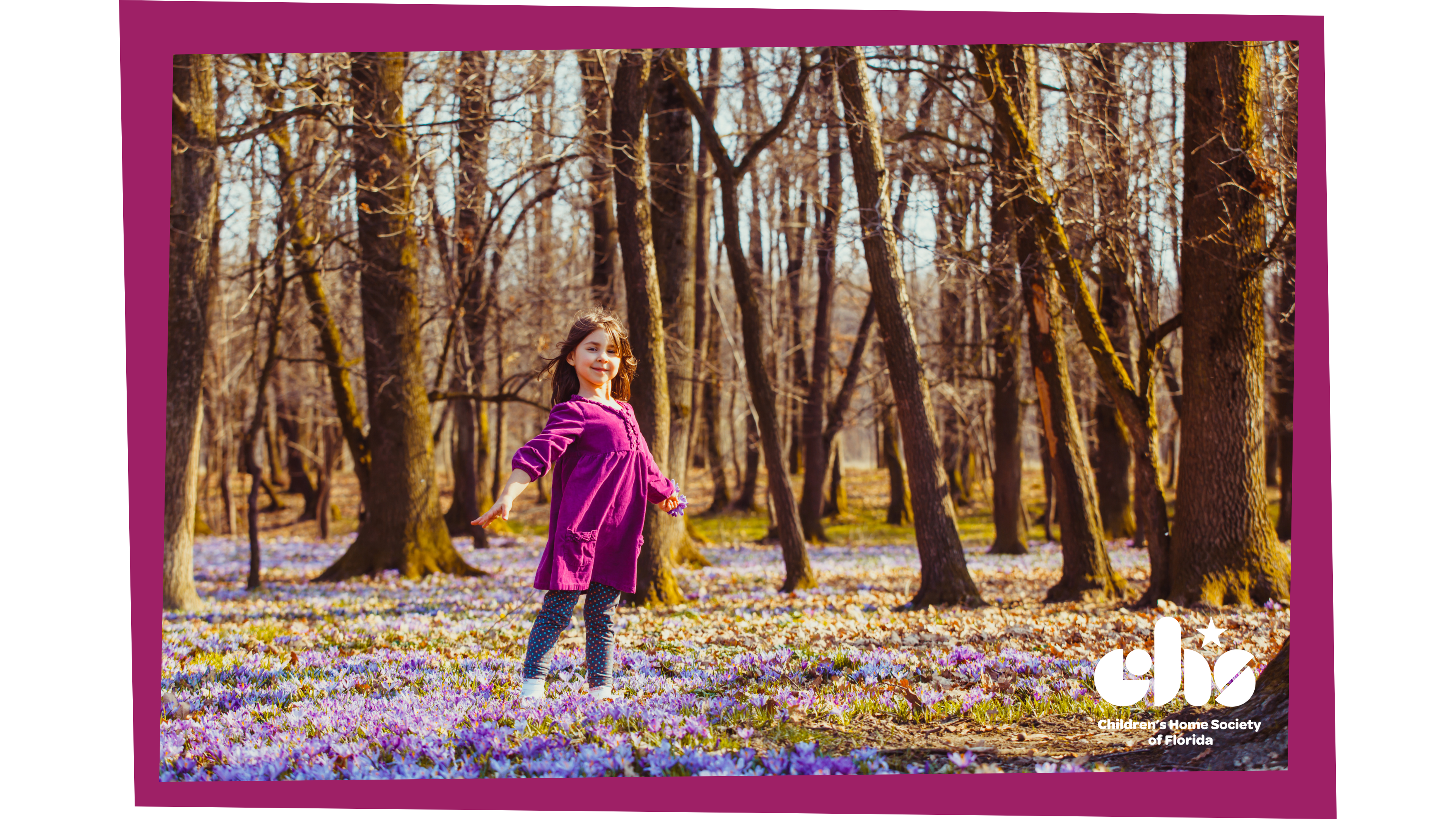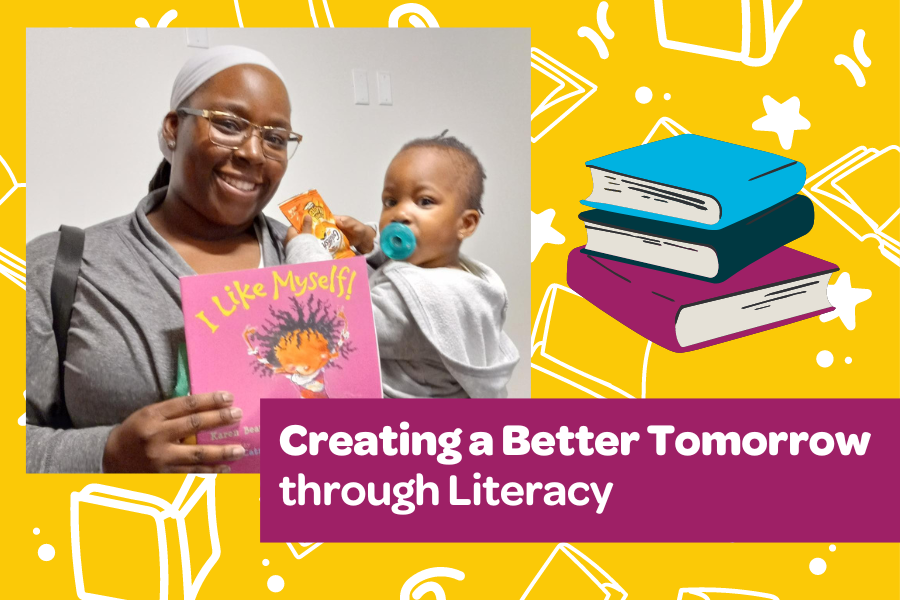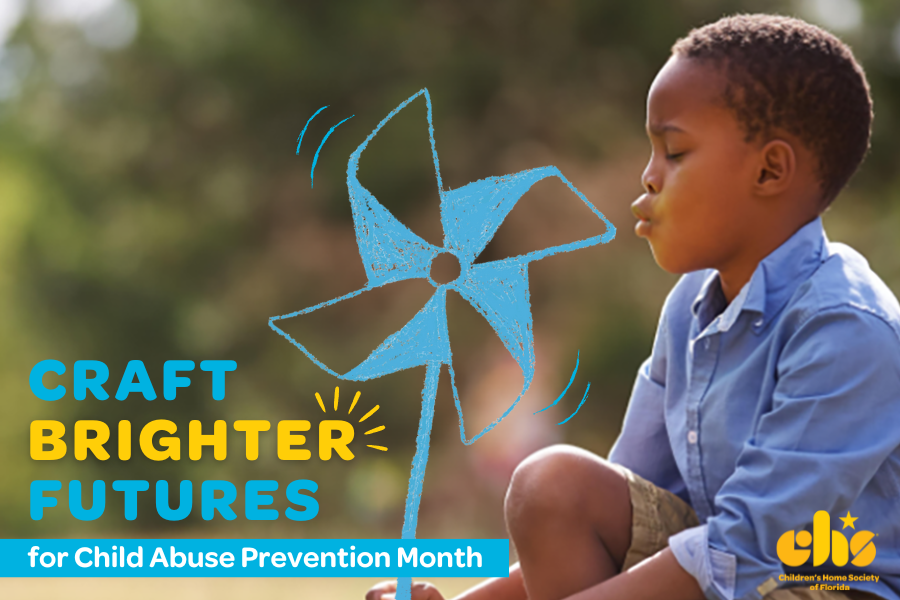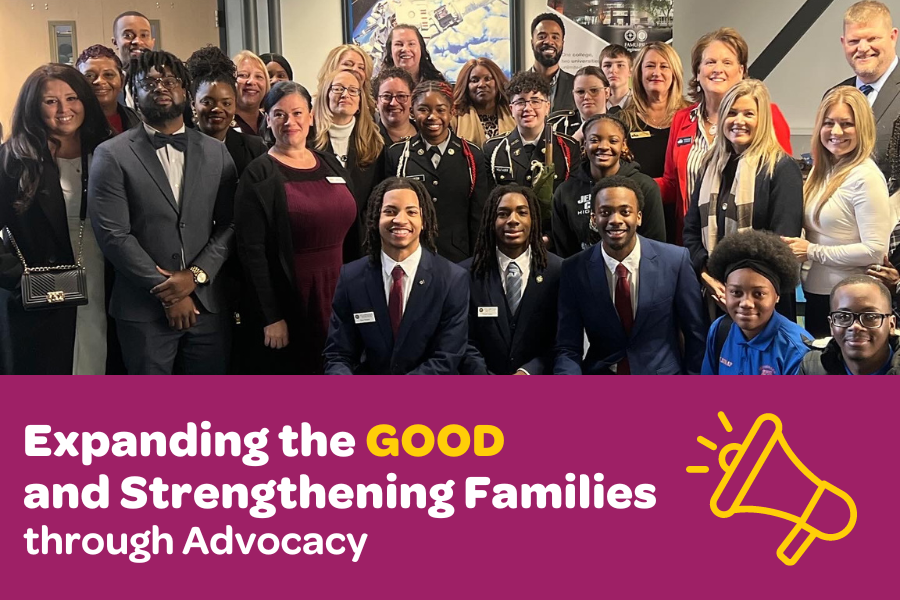Each March we celebrate Woman’s History Month, a time of celebration to recognize the contributions of women to history, culture, and society. As we pay tribute to women throughout history for the impact they’ve created, let us also acknowledge our female members of Team CHS.
From case management to our counseling program, from early childhood to CHS leadership, women are among every rank of our team. Their expertise and commitment to the empowerment of others move the needle in our mission of GOOD every day.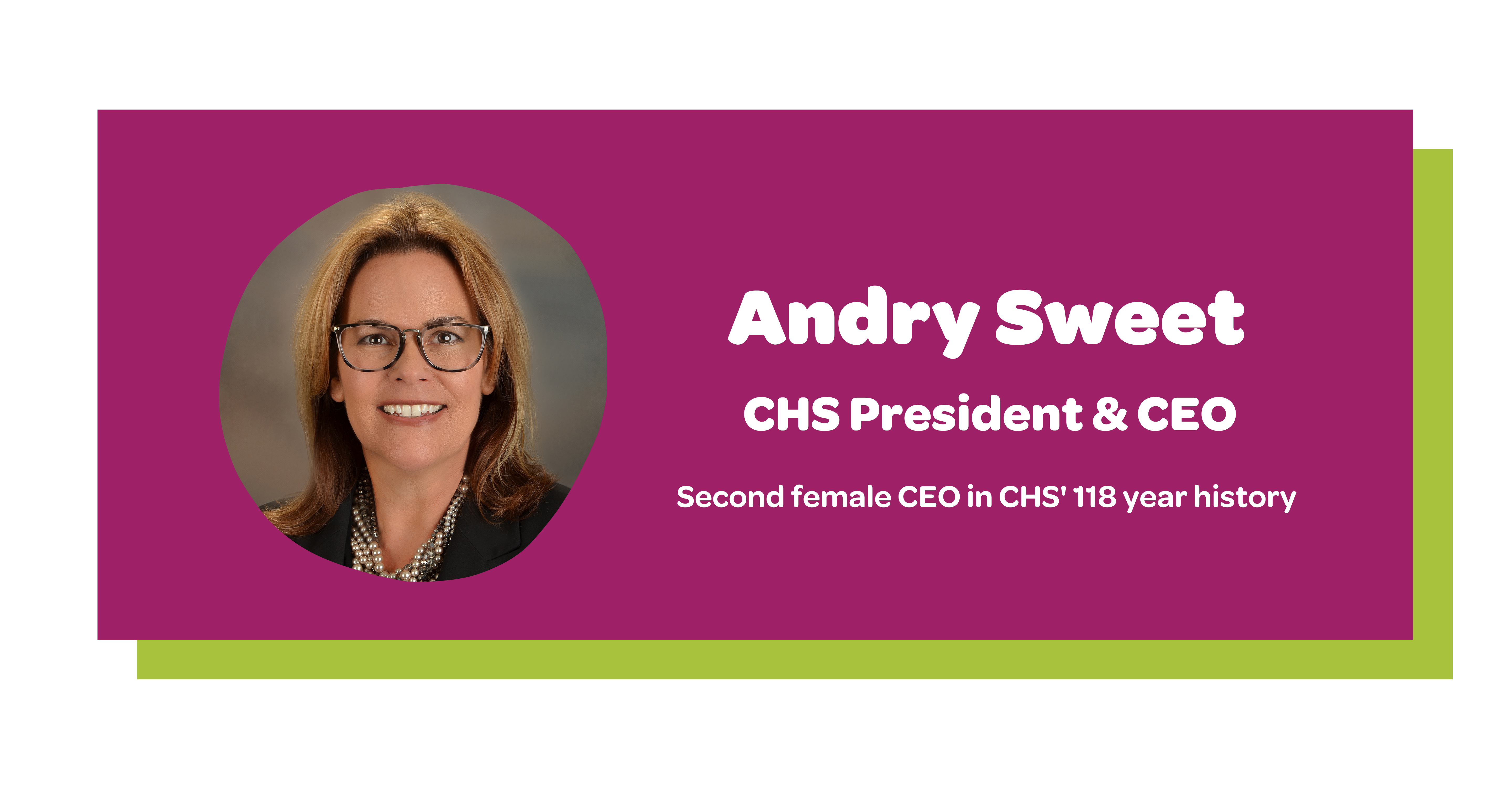
1. When you were a little girl, what did you want to be when you grew up?
I wanted to be President of the United States (my birthday is on Inauguration Day, January 20th), so I thought I was destined for politics. But as I grew older, I developed more of an interest in human behavior and psychology, so my dreams for a career took me in a different direction. In my role today, I enjoy being involved in public policy and advocacy to help those who are underserved in our communities, so in a way, I have come full circle.
2. What is your favorite part about being a woman? What personality traits serve you best in your leadership role day-to-day?
When my three brothers and I were growing up, my mother only had two rules: be kind to others and be honest. There are times in this business when the news isn’t good. A pandemic, state revenue shortfalls, potential layoffs. It always pays to be transparent and honest about the realities of the situation we are facing. I could never lie to my mom and I won’t lie or hold back with others. I say it like it is, even when it is hard to hear.
3. Are there any assumptions about women in the field of child welfare that you’d like to change? Why?
Many people think that women go into social services because they don’t like math and science. Nothing could be further from the truth. In fact, math and science were some of my favorite courses. I enrolled in Calculus as an elective in college; I enjoy solving math problems. Likewise, the science of human behavior drove me into this field. Today, as a CEO, I have to understand what is happening on our balance sheet and in our income statements. I must keep a ‘strategic eye’ on the science and research in our field that is informing best practices. These skills were invaluable in getting me to where I am today.
4. When you were entering your career, do you feel being a woman helped or hindered you? Why?
Social services is a female-dominant workforce. I think people expect women to be “helpers” and it makes sense that we would be drawn to this field. But as you move up in management, even in this field, you find fewer women. So as I was promoted over the years, I found that I had to work even harder to prove myself. I had to show others that I am a strong business leader, “with a heart”, of course.
5. What does the milestone of being CHS’ second female CEO mean to you?
I am honored to be among the many CEOs, male and female, who have held this position over the 118 years in operation. While it’s remarkable there have been only two, I would rather be defined by the value I bring to this role that benefits this organization and the communities we serve. I want to be remembered for advancing the mission rather than my gender.

1. What is your favorite part about being a woman? What personality traits serve you best in your role day-to-day?
The best part about being a woman is our strength and resilience. We work hard–both outside AND inside our homes–and if faced with any challenges, especially in the workplace, we’re able to push through with a smile.
2. Are there any assumptions about women in the workplace that you’d like to change? Why?
One assumption about women in our field, the workplace in general, and society as a whole are that they should know anything and everything about children, yet that isn’t always the case. In life, we can sometimes be asked questions but then our voices aren’t taken seriously or even seem to be heard. It’s tough and annoying!
3. If you can learn anything new or pick-up a new hobby, what would it be?
If I could learn anything new, it’d be a new language. Being bi-lingual, tri-lingual, etc. helps you connect with more people and learn about new cultures. It’d be wonderful to connect with even more people through a new language!
4. What advice would you give to a woman entering the workplace for the first time?
My advice to young women entering the field is to have a strong backbone, don’t let anyone speak for you, and don’t second guess yourself!
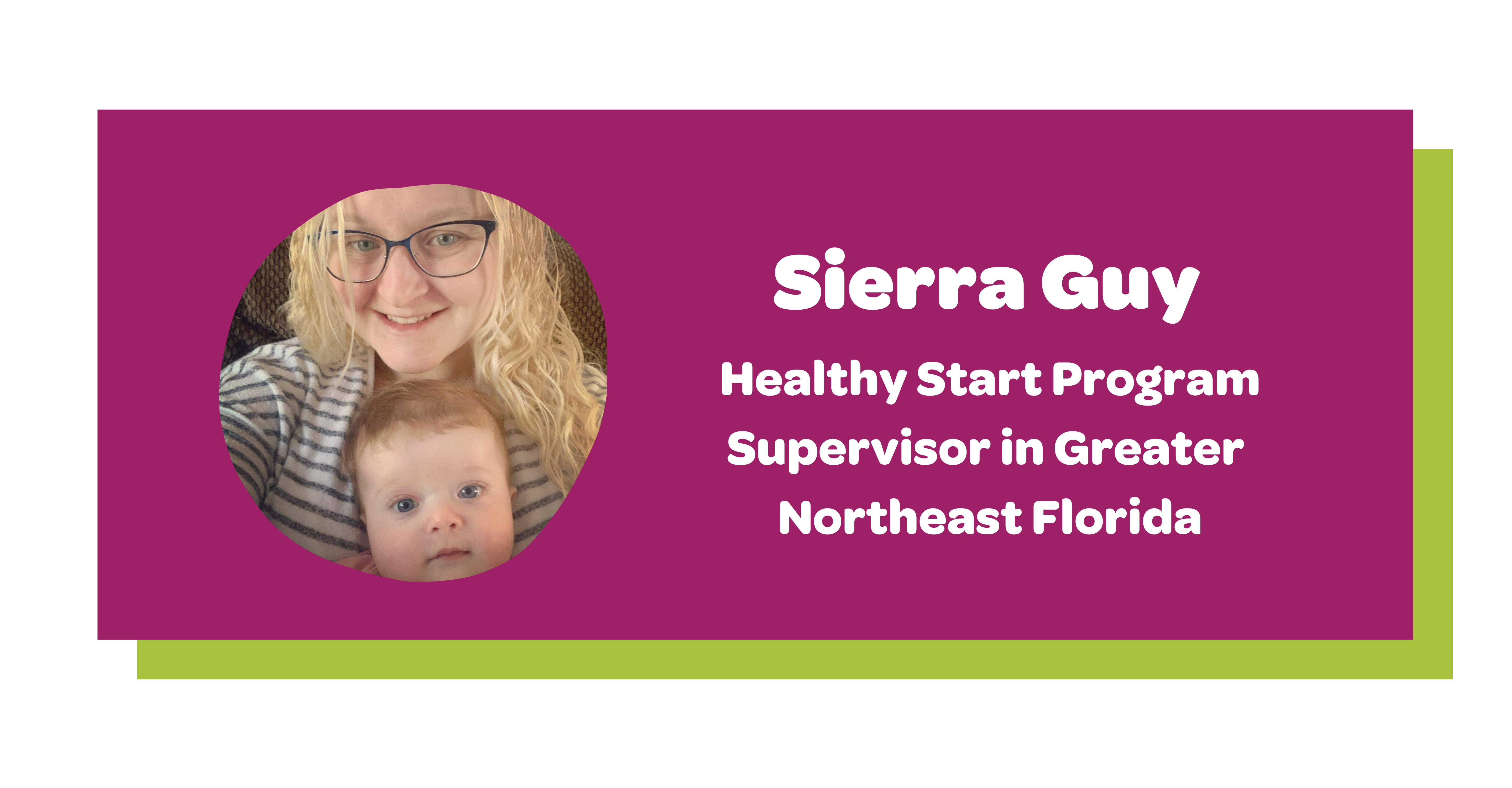 1. When you were a little girl, what did you want to be when you grew up?
1. When you were a little girl, what did you want to be when you grew up?
I wanted to be a cheerleading doctor! I loved helping people, but also loved cheerleading, so my 6-year-old self invented the highly-specified role 🙂
2. What lead you to enter the field of early childhood initially?
My grandmother worked at the Florida School for the Deaf and Blind for 25 years. When I was growing up, I would often go on campus with her. She worked with deaf children and I would watch her interact with the students. She loved her job and the kids there, and it inspired me and my passion to help others, too.
3. Are there any assumptions about women in the workplace that you’d like to change? Why?
That women who are assertive or who stand up for what they believe in are rude or “bossy”. When men act the same way, people don’t immediately get the impression that they are being difficult or bothersome and are more likely to work with them to reach a solution.
4. Who do you admire most in life?
I admire both of my grandmothers. They lived during an entirely different time and were not presented with the same opportunities that we have now. They were given fewer opportunities for higher education, weren’t provided with childcare services, and were not expected to financially provide for their families, yet they did. They inspire me every day.
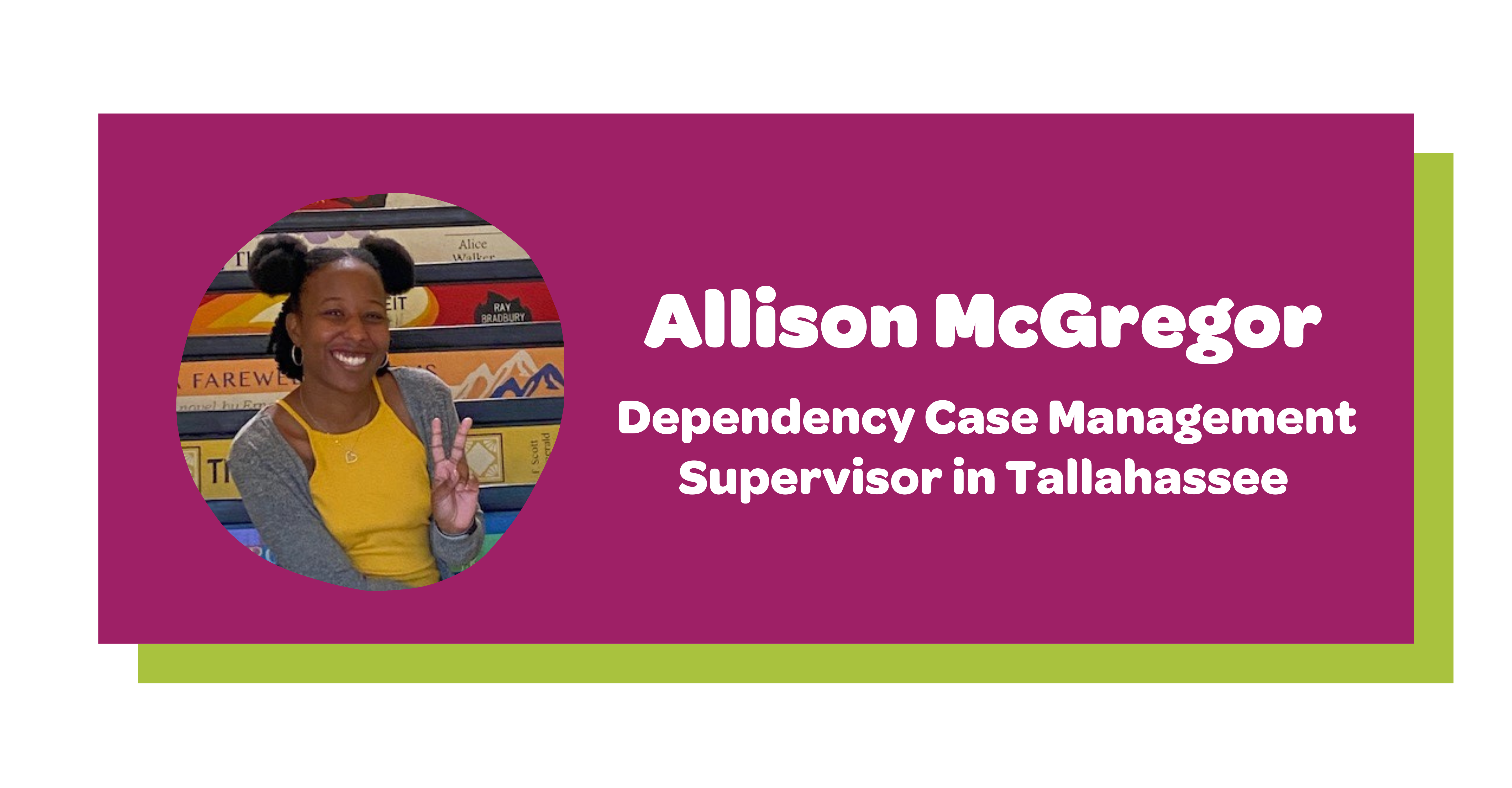 1. What lead you to enter the field of child welfare initially?
1. What lead you to enter the field of child welfare initially?
I started as an education major at Florida A&M University but felt that teaching was only geared on the age group you’d be teaching. I wanted to reach a wider audience than that, so I switched to social work.
2. Are there any assumptions about women in the field that you’d like to change? Why?
I would love to change the narrative that women in the social services field are sensitive and can’t control their emotions enough to run an agency or be in a position of power. When the reality is that women can be diverse in any position they’re in and they shouldn’t be discredited just because of their sex.
3. What advice would you give to a woman entering the workplace for the first time?
I would tell her to come in with an open mind and soak up everything she can. Remember that every day is a job interview, so always give 100%.
4. What was the biggest challenge you think the generation of women before you had to overcome?
I come from a family of immigrants to the biggest challenge they had to face was trying to live the American dream without any guidance on how to obtain it. For my family, it is a matter of continuing to push the limits and not taking no for an answer.
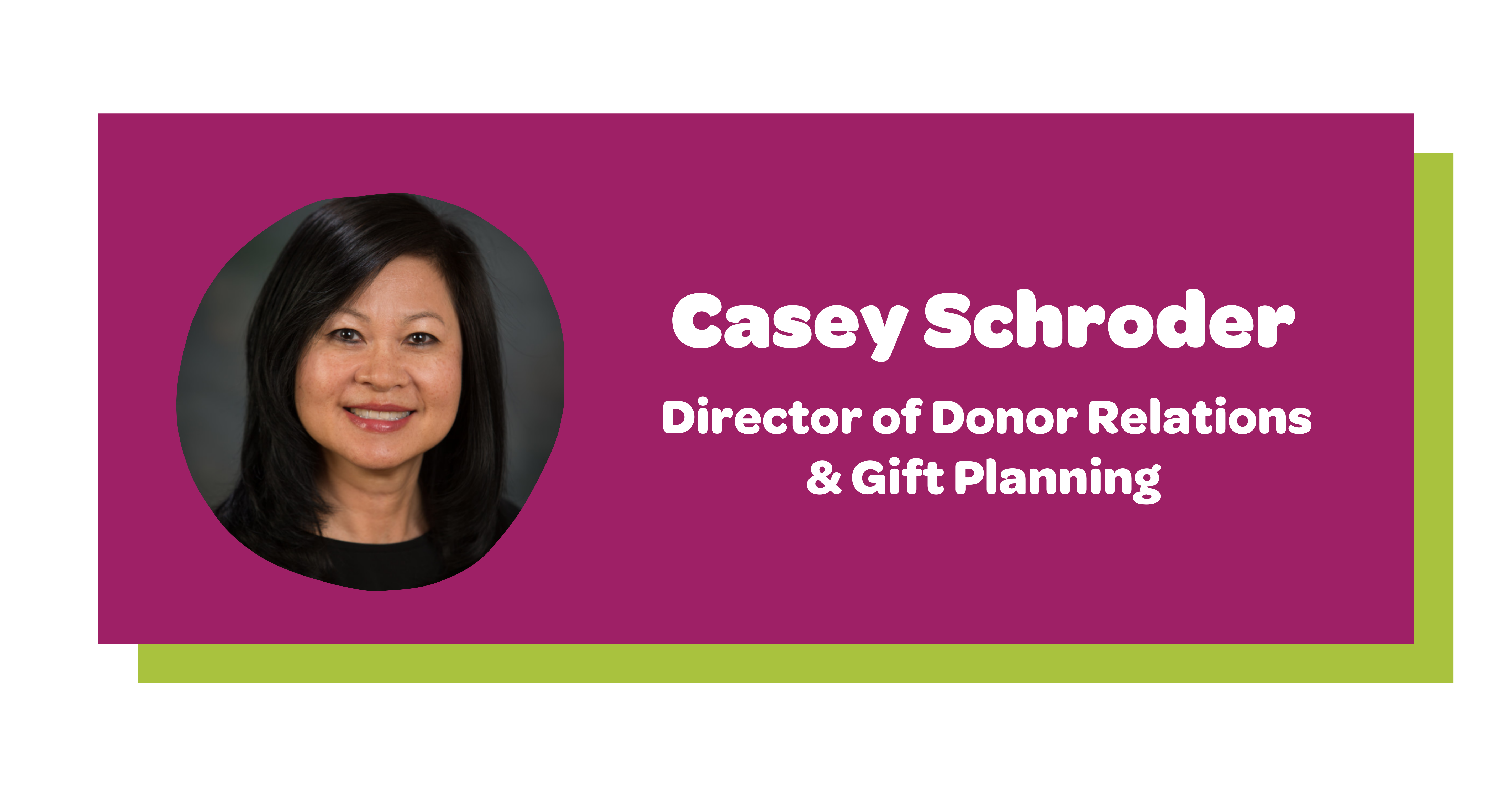
1. When you were a little girl, what did you want to be when you grew up?
When I was young, I wanted to be an astronaut or astronomer–anything to do with space. I loved the enormity, great unknown, and mystery of the universe.
2. What lead you to enter the fundraising/development field initially?
When I moved to Florida, I didn’t know many people and was looking to establish a new direction in life. I was doing temp work for the Catholic Church and they offered me a permanent position. This was my first paying job in the nonprofit world. It was such a thrill to meet with so many caring people, and a wonderful opportunity to help others. I definitely learned that we are all God’s children, which makes us all family. And family cares for family because of love.
3. Do you feel at times being a woman helps to hinders you in your role? Why?
I’ve never considered this aspect when doing my job. My focus has always been on doing the best that I can do. I know that statistics show that women earn less than men and that 4 out of 5 fundraisers at senior positions are men, but I don’t want that to affect me, my outlook on life, and the quality of my work. It motivates me to do my best that much more!
4. What do you anticipate the biggest challenge women of the generation behind you will face?
I think the biggest challenge could be themselves. As many strive to succeed in so many roles (i.e. mom, wife, business professional, role model, etc.), the worry and stress may become overwhelming. While achieving a great deal and breaking glass ceilings, I worry they may not notice the success they already had around them. No matter the level of success, they are already heroes to their children, parents, and friends and I worry that they could feel their success isn’t “good enough” until their ceilings are “broken”. Regardless of their level of leadership, commitments, and/or achievements, they are heroes and worthy of celebration and pride no matter what and should remember that!
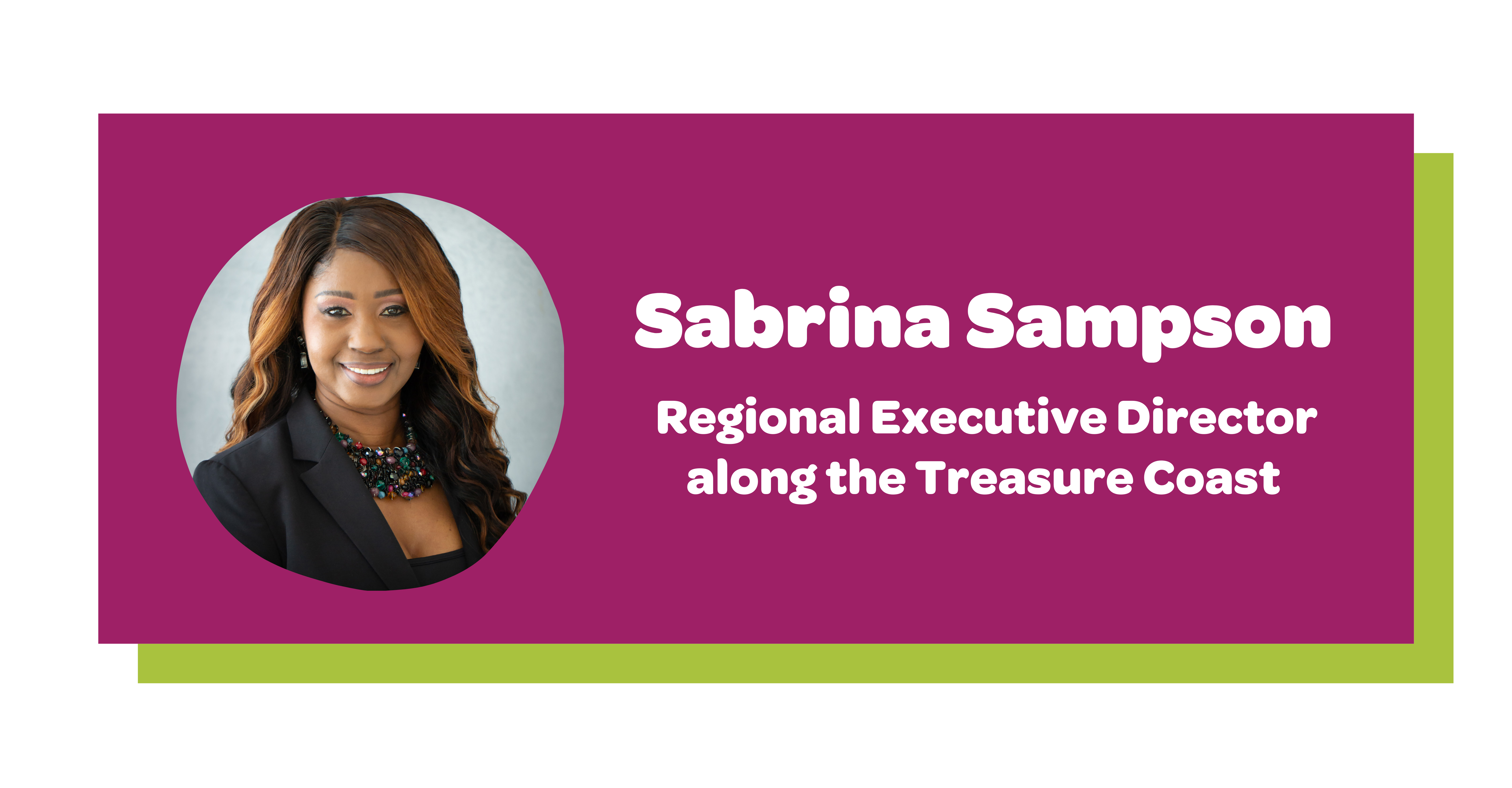 1. When you were a little girl, what did you want to be when you grew up?
1. When you were a little girl, what did you want to be when you grew up?
A hairdresser. My mom owned a hair salon for years and my four younger sisters and I were always playing with different hairstyles.
2. What lead you to enter the field of child welfare initially?
The field of child welfare was intended to be a short-term job for me. I planned to work with the Department of Children and Families for a couple of years, then apply to the FAMU College of Law. That was around 1999 and here we are in 2021 embarking on 16 years with CHS!
3. When you were entering your career, do you feel being a woman helped or hindered you? Why?
As a woman entering child welfare, it was definitely a positive trait that helped me in my career. My story is not very different from many of those in our care: I had a single mom, therefore I can relate on a personal level with them. My childhood taught me to have empathy for others and never judge other people.
4. What is your favorite part about being a woman? What personality traits serve you best in your leadership role day-to-day?
After God created a woman, he never created another human being. We are classy, sassy, pliable, strong, and resilient at the same time! Managing family life is much like managing a business. It–as well as learning to balance as a wife, mom, daughter, sister, and friend– is a skill transferable into the workplace and definitely helps with leading the team while balancing personalities and priorities. 
1. What is your favorite part about being a woman? What personality traits serve you best in your leadership role day-to-day?
My favorite part about being a woman is taking time to pamper myself and engage in healthy self-care. I also like doing my nails. The personality traits that serve me best are the ability to help others and being caring and understanding.
2. When you were a little girl, what did you want to be when you grew up?
When I was little I wanted to be a singer or an actress until I saw my sister working in social work and changed my mind to want to help people differently. I entered the field of counseling because I wanted to work with kids in the school setting and overall help others!
3. Are there any assumptions about women in the workplace that you’d like to change? Why?
The assumption that women are emotional and unable to lead. I would want to change this because there are a lot of powerful women leaders and women are just as capable as men.
4. If you could learn anything new, what would it be?
I would like to learn to speak Spanish fluently!






